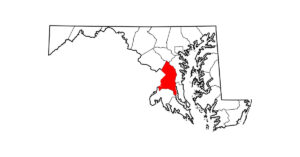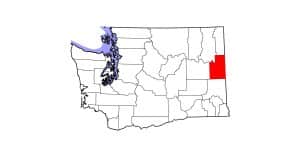What You Need to Know about Horse Sale Commissions
- Posted by Rachel Kosmal McCart
- Topics: Commentary, Horse Industry News, Sales
Many horse trainers and sales agents have their clients’ best interests in mind and enjoy seeing horses succeed in new homes with excited owners. However, others have found ways to bring in extra profit from buying and selling horses for clients.
Undisclosed profit-taking by trainers facilitating horse sales and purchases is a widespread practice touching every discipline in the equine industry. Some clients adopt a “don’t ask, don’t tell” approach to under the table compensation when buying or selling a horse through an equine professional, viewing it as a necessary evil. Others are outraged to learn that their trainer made an undisclosed profit on their horse transaction, but believe they have no recourse and even blame themselves for being too trusting.
However, trainers profiting on the sly is not only unethical, it is also legally actionable and might even be criminal. In 2004, the federal government successfully prosecuted criminal cases against Kenneth Berlin1 and Joshua Cardine,2 two well-known Virginia hunter/jumper trainers. The allegations involved various horse sales schemes in which Berlin and Cardine sold horses on behalf of their clients and then remitted none or only a portion of the proceeds to those clients.
Berlin and Cardine each pleaded guilty to conspiracy to commit fraud and swindle of livestock in interstate commerce, felony charges. Cardine and Berlin were sentenced to 18 and 21 months, respectively, in federal prison, followed by three years of probation. The court also ordered the trainers to make restitution to their victims in the amount of $94,300
Create a free account with TheHorse.com to view this content.
TheHorse.com is home to thousands of free articles about horse health care. In order to access some of our exclusive free content, you must be signed into TheHorse.com.
Start your free account today!
Already have an account?
and continue reading.
Written by:
Rachel Kosmal McCart
Related Articles
Stay on top of the most recent Horse Health news with













One Response
Such a useful article for a horseman like me. I own a horse farm in Texas and didn’t know some of these tips. I remember how I was shoked when one man came to my firm and wanted to buy a pony for his son. But he didn’t know anything about horses, training, he wasn’t even sure his son would like the horse or wouldn’t. Situations like this make me so angry with people.